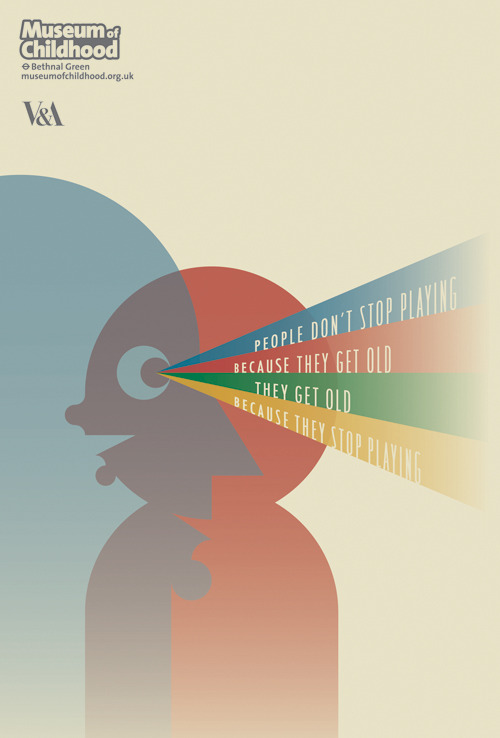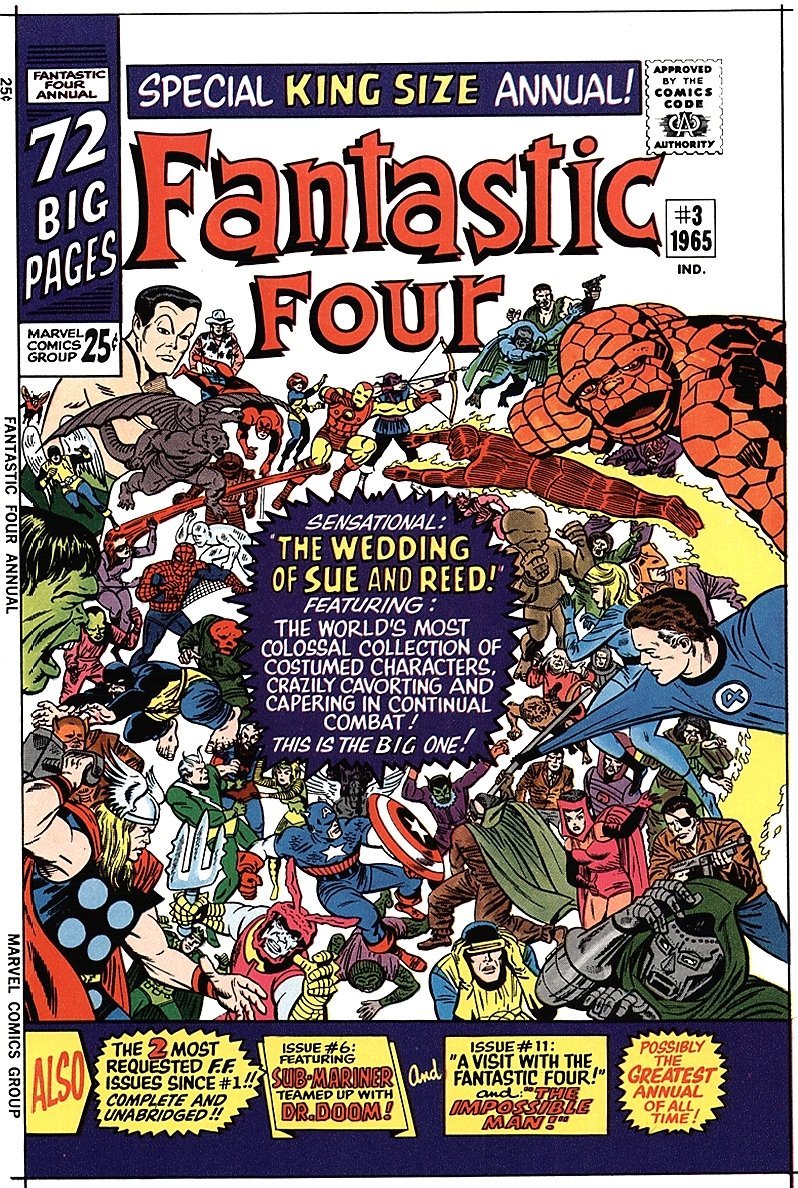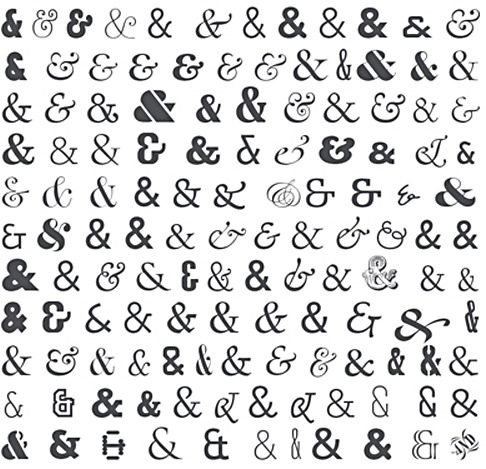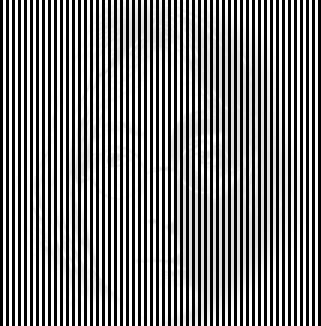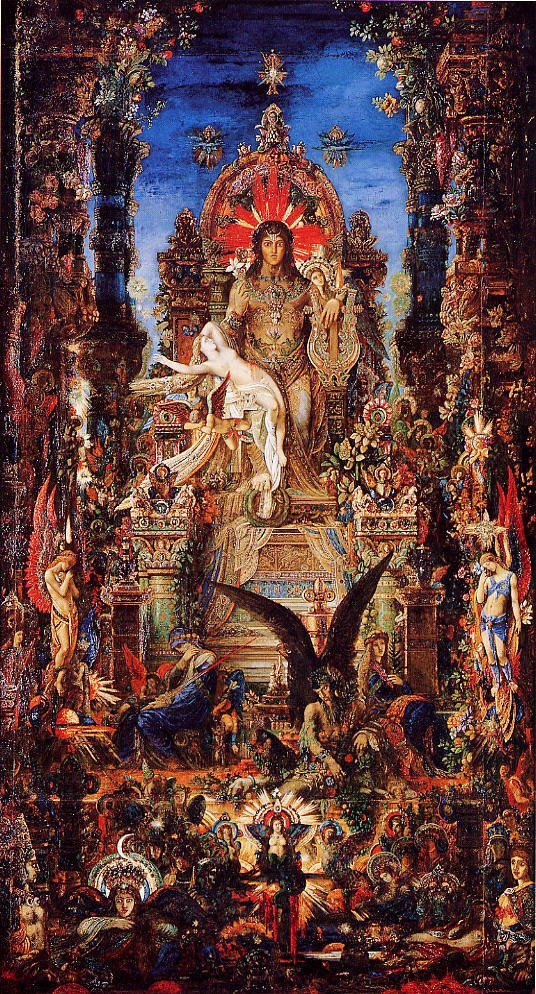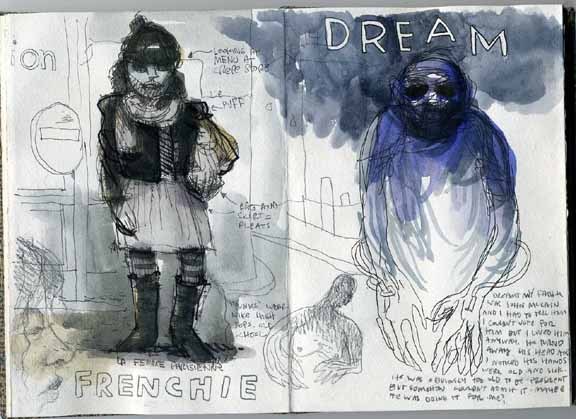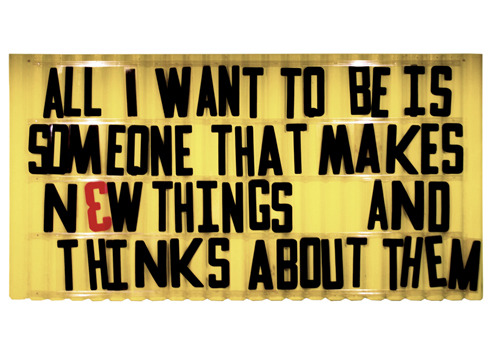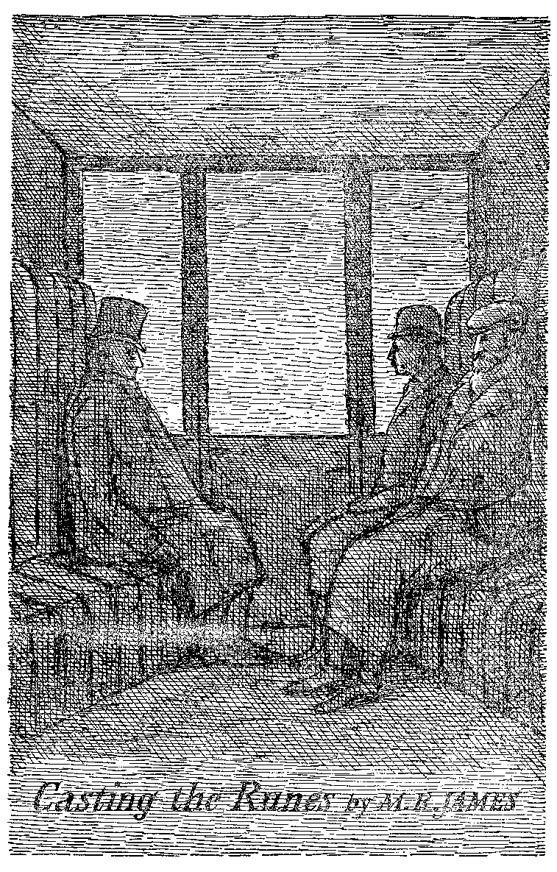Moyra Davey on Random Reading
“So how are we to draw up those reading lists finally? I have been fascinated to note how many writers invoke chance and randomness as guiding principles in choosing their books. I am talking about Lynne Sharon Schwartz, who, citing ‘the John Cage-ish principle that if randomness determines the universe it might as well determine my reading too,’ spent a winter reading the Greek tragedies because she happened to find a discounted set in a mail order catalogue. I’m talking about the serendipitous findings of Virginia Woolf, the little pamphlet from a hundred years ago that she comes across in a second-hand bookshop that stops her in her tracks and rivets her to the spot. I am talking about the happenstance of Georges Perec, who, while engaged in the tedious task of arranging his bookshelves, comes upon a book he’d lost sight of and writes: 'putting off until tomorrow what you won’t do today, you finally re-devour [it] lying face down on your bed.’ He further speculates that in our pursuit of knowledge, 'order and disorder are in fact the same word, denoting pure chance.’ And finally, I am talking about the passionate book collector uncrating his treasures after a two-year hiatus, as portrayed by Walter Benjamin in his autobiographical essay 'Unpacking My Library,’ for whom 'chance and fate … are conspicuously present in the accustomed confusion of these book.’
"Just as a bookcase full of read and unread books conjures up a portrait of the owner over time ('joggers of the memory’ Perec calls them), so the books that arrest us in the present constitute a reflection of 'what we are, or what we are becoming or desire’ (Schwartz). There is nothing random about that, or about any of these other seemingly random ways of coming to books, and it is from this notion that the oddly apt idea of books choosing us, rather than the other way around, seems to make sense. The idea of a book choosing the reader has to do with a permission granted. A book gives permission when it uncovers a want or a need, and in doing so asserts itself above all the hundreds of others jockeying to be read. In this way a book can become a sort of uncanny mirror held up to the reader, one that concretizes a desire in the process of becoming.” –Moyra Davey fr. The Problem of Reading A Documents Book, 2003
